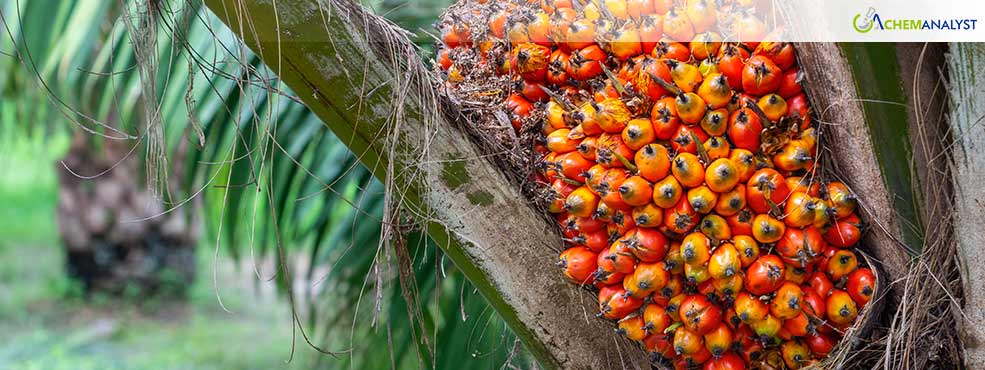Welcome To ChemAnalyst

The Indonesian palm oil export ban, coupled with the EU's evolving stance on palm oil sourcing, presents a complex and dynamic situation for the chemical industry, particularly those sectors reliant on palm oil derivatives as crucial feedstocks. This disruption extends beyond simple price fluctuations, impacting supply chain stability, sustainability compliance, and ethical sourcing considerations for chemical manufacturers.
For chemical companies utilizing palm oil derivatives in their formulations, the immediate impact lies in navigating the volatile price landscape. The current oversupply and price drop may seem advantageous in the short term, offering potential cost reductions for raw materials. However, this price volatility necessitates sophisticated procurement strategies and robust risk management to mitigate potential future price spikes or supply shortages. Chemical producers must carefully assess their inventory levels, negotiate flexible contracts with suppliers, and explore diversification of raw materials to ensure production continuity and cost optimization.
The ban's potential to exacerbate illegal trade and blending practices poses a significant challenge for quality control and ethical sourcing. For chemical manufacturers, particularly those in the cosmetics and personal care sectors, where consumer trust and product integrity are paramount, ensuring the traceability and sustainability of palm oil derivatives is crucial. Companies must strengthen their due diligence processes, collaborate with certified sustainable palm oil producers, and invest in technologies that enable precise identification and verification of raw material origins.
Furthermore, the EU's evolving policies on palm oil sourcing, driven by deforestation concerns, adds another layer of complexity. Chemical companies exporting to the EU market must navigate stringent sustainability criteria and ensure their palm oil-derived ingredients comply with evolving regulations. This necessitates close monitoring of regulatory developments, proactive engagement with suppliers, and potential reformulation of products to utilize alternative, sustainable ingredients.
However, the current disruption also presents opportunities for innovation and market leadership. Chemical companies can leverage their expertise to develop and promote sustainable palm oil-derived alternatives. Investing in research and development to create bio-based chemicals and polymers from certified sustainable palm oil can cater to the growing demand for environmentally responsible products. This proactive approach not only strengthens brand reputation but also positions companies at the forefront of the sustainable chemical industry.
Moreover, the situation highlights the importance of collaboration across the supply chain. Chemical companies can engage with palm oil producers, NGOs, and policymakers to promote sustainable practices and advocate for greater transparency in the palm oil industry.1 By actively participating in industry initiatives and supporting sustainable sourcing certifications, companies can contribute to a more ethical and responsible palm oil supply chain.
In conclusion, the Indonesian palm oil export ban and the EU's evolving policies present both challenges and opportunities for the chemical industry. By proactively navigating price volatility, ensuring ethical sourcing, adapting to regulatory changes, and investing in sustainable innovation, chemical companies can not only mitigate risks but also leverage this situation to strengthen their market position and contribute to a more sustainable future.
We use cookies to deliver the best possible experience on our website. To learn more, visit our Privacy Policy. By continuing to use this site or by closing this box, you consent to our use of cookies. More info.
